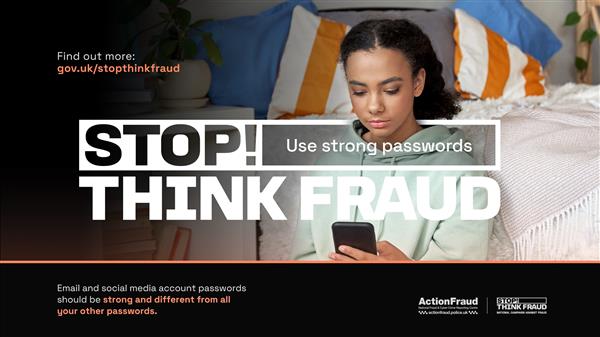|
We live in a world where digital platforms have become a part of our everyday lives. Whether it’s shopping, banking, staying connected with friends and family, or managing appointments, the internet is central to almost everything we do. While this digital age offers many benefits, it also opens the door for criminals to exploit vulnerabilities for financial gain. Just as there are dangers in the physical world, the online space is not immune to risks.
Detective Inspector Mark Hawley, from the Economic Crime Unit, offers valuable insights on how to protect your personal information and improve your online safety. With more than 24 years of experience of investigating crime including tackling online fraud and cybercrime cases, Mark shares essential steps that everyone can take to reduce the risk of falling victim to these growing digital threats. In our conversation with Detective Inspector Hawley, he provided advice on how to improve your safety online and navigate the digital world more securely: "National data has shown a significant rise in online fraud reports over the past few years, particularly concerning social media and email account hacks. In 2024, more than 35,000 reports were made to Action Fraud regarding these types of hacks, marking an increase of over 12,000 compared to 2023. The financial cost reached nearly £1 million. These crimes not only have financial consequences but can also undermine a person’s sense of security and trust in the digital world, highlighting the importance of taking preventative measures to reduce the risk of falling victim to such crimes. ‘’The first step to improving your online safety is to create strong, unique passwords. I always recommend using three random words for your password. It’s easy to remember, but much harder for criminals to guess. Adding a mix of numbers, symbols, and capital letters can further secure your account. "I would always recommend enabling two-factor authentication (2FA) or multi-factor authentication (MFA) which is a great way to keep your accounts safe. Even if someone identifies your password, they won’t be able to access your account without the additional verification. "Adjusting your privacy settings on social media platforms and other websites allows you to control who sees your information. This can help protect you from criminals who might try to target you based on your personal details.” Hear more from DI Hawley. | 





